Rhodes, an island in the Aegean Sea, is a place where history and nature meet in colorful ways. From shining beaches to old stone walls and lively markets, this island offers more than just sunny days. Travelers come here to walk through its ancient streets, taste different flavors, and talk to warm locals. While you visit Rhodes, you may find yourself curious about its castles, small villages, and traditional foods. In this article, I will share my personal stories, useful advice, and some curious facts that few tourists notice.
Table of Contents
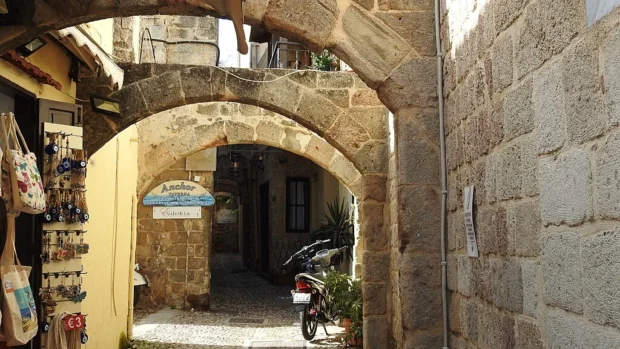
Walking Through Rhodes Old Town and Medieval Walls
Rhodes Old Town is a large fortress with walls built by knights in the 14th century. Its tall stone towers catch the sunlight, casting long shadows on narrow cobbled lanes. As I wandered these lanes, I imagined knights in shining armor passing through. This part of Rhodes feels like a live museum. You will see ancient buildings side by side with small shops selling handmade jewelry and local sweets.
After exploring Rhodes’ ancient streets, you may want to continue your journey by visiting Athens’ historic landmarks and lively markets for a vibrant contrast.
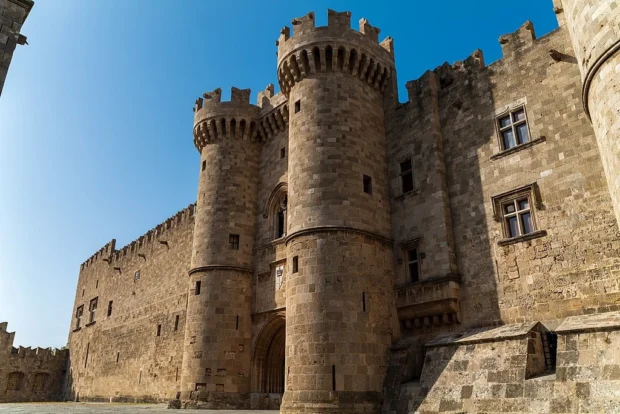
One surprising fact is that the street layout inside the old town was designed to confuse enemies. When you turn corners here, you sometimes find quiet courtyards filled with jasmine and orange trees, perfect for a peaceful break.
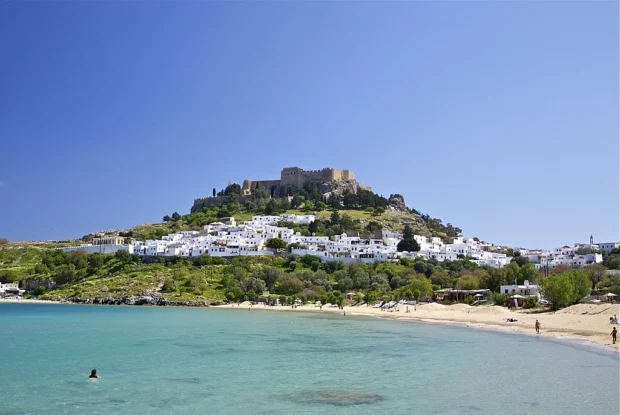
The Palace of the Grand Master stands like a crown jewel of the old town. It was once a home for knights and later a place for rulers. Visitors can walk inside to see old tapestries, stone arches, and narrow staircases. Before you go, check the official website of the Rhodes Medieval City for opening hours and ticket details.
After exploring Rhodes, consider enjoying the charm of Alexandria, where historic streets and sea views offer a different coastal experience through this Mediterranean city.
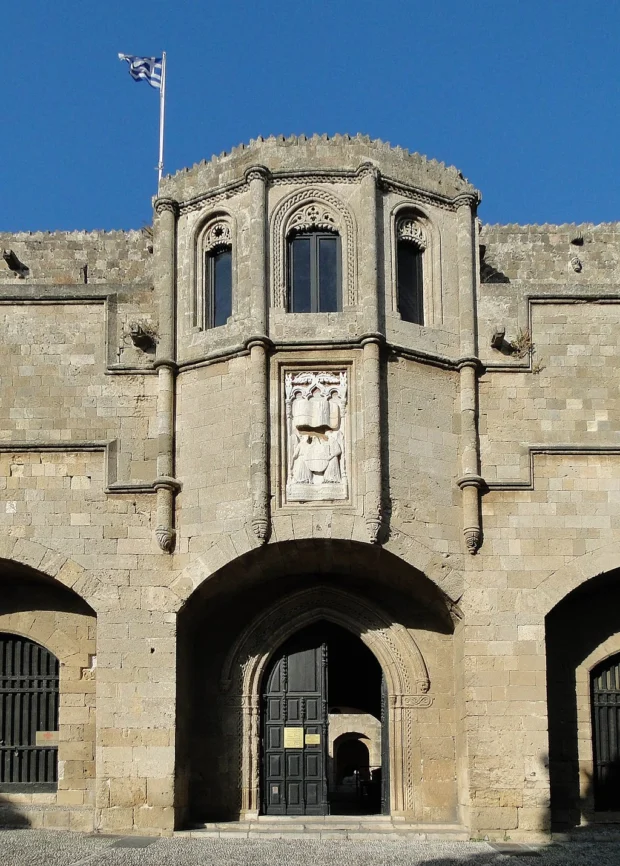
Hidden Beaches and Quiet Villages Away from Crowds
Rhodes has many famous beaches, but I found more charm in smaller, quieter coves. One such spot is St. Paul’s Bay near Lindos village. The water is so clear and calm that swimming there felt like floating in a giant blue pool. Lindos itself is a white-washed village, with narrow paths leading up to an ancient hilltop temple.
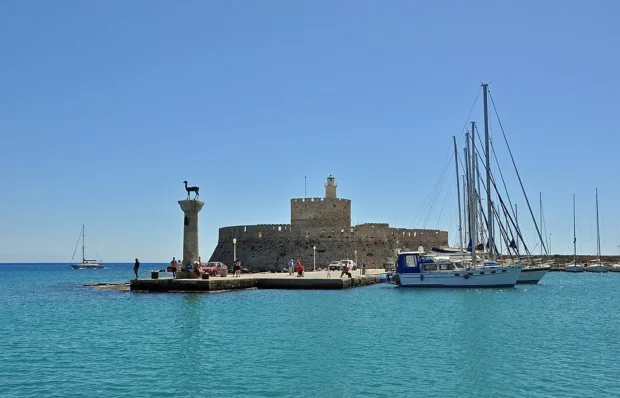
Most visitors pass by village bakeries filled with the smell of fresh bread and honey. I sat chatting with an old baker who shared stories of how these villages celebrate with music and dancing every summer during festival season. If you want to see local life, consider renting a scooter or using public buses to visit these quieter places.
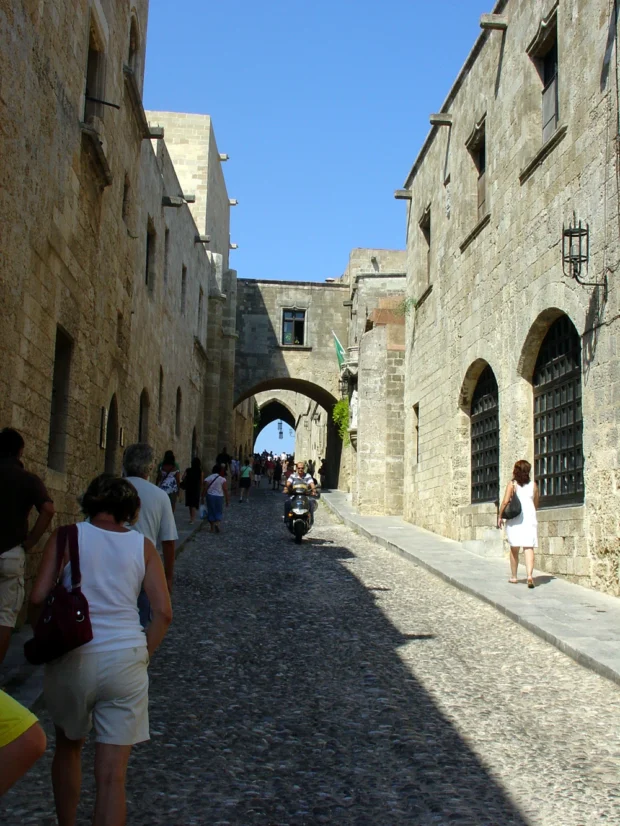
Where to Stay in Rhodes for Easy Island Access
Choosing where to stay depends on what you want. If you enjoy bustling nightlife and easy access to shops, the city of Rhodes near the port offers many options. Here, mornings start with coffee in open cafes, and evenings bring lively tavernas filled with music.
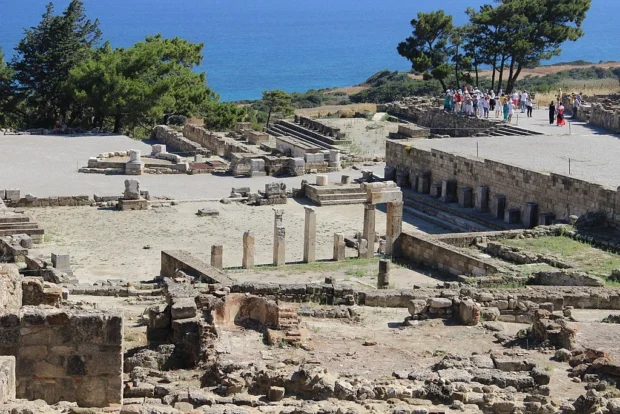
For a calmer atmosphere, the villages around the island’s north or south corners provide cozy guesthouses and friendly hosts eager to share homemade meals. Many places offer traditional Greek breakfast with olives, fresh cheese, and homemade bread. Staying closer to nature means waking up to birdsong and olive groves outside your window.
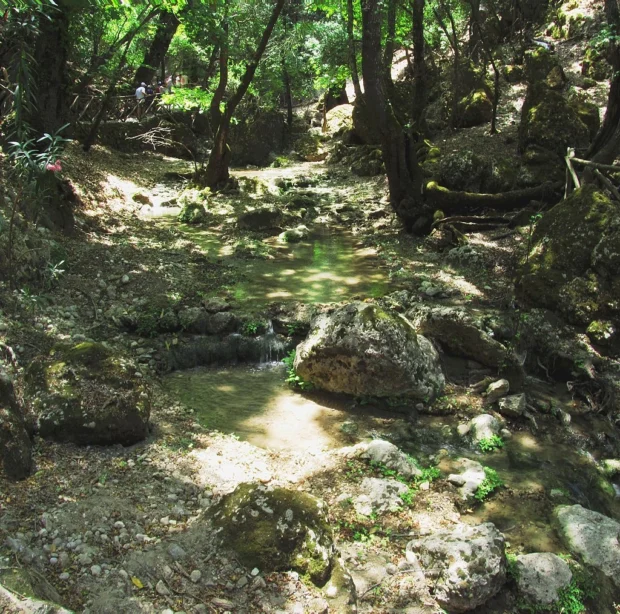
Taste Rhodes: Savor Local Flavors by District
Rhodes cuisine is a rich blend of Greek and Middle Eastern tastes. In the Old Town, tavernas serve “meze,” small plates full of flavors like grilled octopus, spicy sausage, and creamy dips made from eggplant or beans. Try “pitaroudia,” little chickpea fritters, a local snack popular in the village markets.
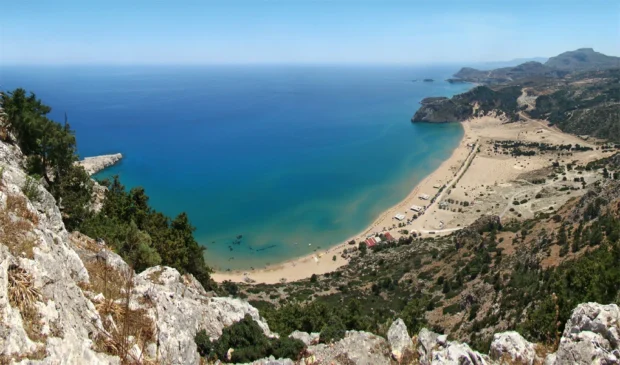
Near the harbor district, fresh fish dominates menus because local fishermen bring their catch every day. Don’t miss “kleftiko,” tender lamb slow-cooked with herbs, wrapped in parchment paper. This dish has a backstory linked to rebels hiding from enemies and cooking meat secretly over underground fires.
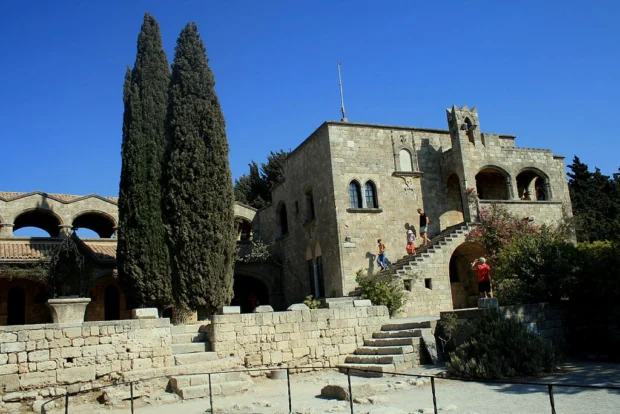
For sweets, look for “mandolato,” almond and honey nougat sometimes flavored with rose water, sold by local street vendors. These tastes tell the story of Rhodes’ many past rulers, blending flavors from East and West into one palate.
Getting Around Rhodes: Smooth Travel Tips
Rhodes Airport is just a few kilometers from the city center, with regular buses running every 30 minutes. These buses are clean and air-conditioned, and the fare is affordable. Renting a scooter or a car opens up the chance to visit remote beaches and mountain villages, but public buses cover most major routes too.
Beware that some bus schedules change in winter when fewer tourists visit. Always ask your host or local shopkeeper for the latest bus times. Walking in Rhodes city is delightful. The old town is mostly pedestrian-only, so shoes that are both comfortable and sturdy will serve you well.
Customs and Culture: How to Blend In Gracefully
Rhodes’ people are warm and welcoming. When greeting, always smile and say “Kalimera” for good morning or “Kalispera” for good evening. It is polite to greet shop owners and neighbors when entering small stores or cafes. During meals, sharing food is common, so try a bite of everything offered to you.
When visiting churches or monasteries, wear clothing that covers shoulders and knees out of respect. Also, avoid touching religious objects unless invited. During local festivals, traditional music and dancing invite everyone to join. It’s best to watch calmly first, then perhaps try a step or two once you feel ready.
A good rule of thumb is to avoid loud voices in public and respect quiet times, especially in villages. If you take photos, ask before photographing people, particularly elders, as some prefer privacy.
Stories and Oddities from Rhodes’ Past
Rhodes has been a crossroads of civilizations for thousands of years. One interesting myth you might hear often is about the Colossus of Rhodes, a giant statue once said to stand at the harbor entrance. Though the statue no longer exists, its story speaks of the island’s power and wealth in ancient times.
Walking near the Acropolis of Rhodes, you can see ruins from the Greek and Roman ages, layered beneath medieval knights’ castles. The island’s position made it a prize for many rulers, including Ottomans and Italians, each leaving marks in architecture and culture.
A quirky fact: the island was once famous for its weaving crafts. I visited a small workshop where an elderly woman still uses a hand loom passed down through families for centuries. She told me stories of how local patterns symbolize stories of the island’s mountains and seas.
After exploring Rhodes’ historic sites and local life, readers might appreciate Bratislava Castle’s story and surroundings to see another rich medieval heritage in a Central European capital.

Explorer of historic places and culinary traditions, combining landscape appreciation with food culture.
- Gate of the Virgin (Rhodes) 1 by Ввласенко on Wikimedia Commons – cc by-sa 3.0
- Rhodes, Greece (36989407621) by Dennis Sylvester Hurd from New Westminster, BC, Canada on Wikimedia Commons – cc by 2.0
- Palace of the Grand Master of the Knights of Rhodes (50804198133) by Sanshiro KUBOTA from London, UK on Wikimedia Commons – cc by 2.0
- Lindos 1 by Jebulon on Wikimedia Commons – cc0
- Archaeological Museum of Rhodes (exterior) 02 by Bernard Gagnon on Wikimedia Commons – cc by-sa 4.0
- Rhodos Agios Nikolaos Fortress R05 by Marc Ryckaert (MJJR) on Wikimedia Commons – cc by 3.0
- Агора. Ancient Kamiros. Rodos. Greece. Июнь 2014 – panoramio by Vadim Indeikin on Wikimedia Commons – cc by-sa 3.0
- Petaloudes – stream retreat – panoramio by INDALOMANIA on Wikimedia Commons – cc by-sa 3.0
- Rhodes Tsambika3 tango7174 by Tango7174 on Wikimedia Commons – cc by-sa 4.0
- Filerimos 3 by Karelj on Wikimedia Commons – cc by-sa 3.0
